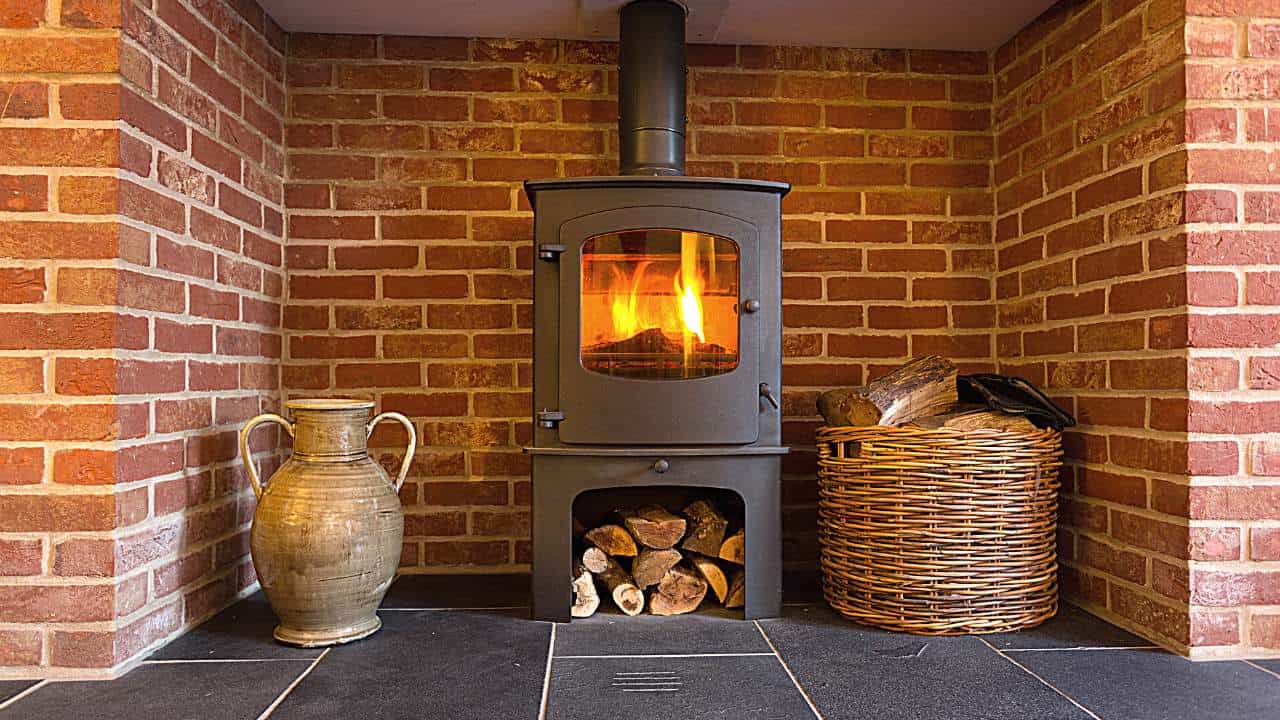

Articles
How Often To Clean Pellet Stove Chimney
Modified: August 22, 2024
Learn how often to clean your pellet stove chimney and keep it running efficiently. Find informative articles and expert advice on chimney maintenance.
(Many of the links in this article redirect to a specific reviewed product. Your purchase of these products through affiliate links helps to generate commission for Storables.com, at no extra cost. Learn more)
Introduction
Welcome to the world of pellet stoves, a modern and efficient way to heat your home. As a pellet stove owner, it is important to understand the maintenance requirements of this heating appliance. One crucial aspect of pellet stove maintenance is cleaning the chimney regularly.
A pellet stove chimney plays a vital role in optimizing the performance and safety of your heating system. Over time, the chimney can become clogged with soot, creosote, and other debris, hindering proper ventilation and increasing the risk of chimney fires. In this article, we will delve into the importance of cleaning pellet stove chimneys, factors influencing the cleaning frequency, signs that indicate the need for cleaning, and the methods for cleaning the chimney.
By maintaining a clean and well-functioning chimney, you can ensure the efficient operation of your pellet stove and reduce the risk of potential hazards. So, let’s dive into the details and discover how often you should clean your pellet stove chimney.
Key Takeaways:
- Regularly cleaning your pellet stove chimney is crucial for safety, efficiency, and longevity. Factors like usage, pellet quality, and environmental conditions influence the cleaning frequency, so stay proactive and maintain a clean chimney for optimal performance.
- Whether you choose DIY cleaning or hire a professional, regular maintenance and cleaning of your pellet stove chimney are essential. Keep an eye out for signs that indicate the need for cleaning, and prioritize safety and efficiency for your heating system.
Read more: How Often To Clean Gas Fireplace Chimney
Understanding Pellet Stove Chimneys
Before we discuss the importance of cleaning pellet stove chimneys, it’s essential to have a basic understanding of how they work. A pellet stove chimney is a vertical pipe or flue system that allows the byproducts of combustion, such as smoke and gases, to safely exit your home.
Pellet stoves burn compressed wood pellets as their fuel source. These pellets produce heat, and the resulting combustion produces smoke and other byproducts that need to be vented outside. The chimney serves as the pathway for these byproducts to exit the house.
Pellet stove chimneys are typically made of stainless steel or double-walled insulated pipe. They have different sections, including the vertical run inside the house and the exterior portion that extends above the roof. The design of the chimney ensures that the byproducts of combustion are safely and efficiently expelled from the stove.
It’s important to note that pellet stoves operate differently from traditional wood-burning stoves. While wood stoves rely on natural draft to vent the smoke, pellet stoves use a mechanical blower or fan to create a controlled and consistent flow of combustion air. This controlled airflow allows for more efficient burning and produces less particulate matter.
Understanding the components and functioning of pellet stove chimneys is crucial to comprehend the role of regular cleaning in their maintenance. With this knowledge, let’s explore why cleaning the chimney is vital for the optimal performance of your pellet stove.
Importance of Cleaning Pellet Stove Chimneys
Cleaning your pellet stove chimney is not just a matter of aesthetics; it is a critical task that ensures the safety, efficiency, and longevity of your heating system. Here are several reasons why regular chimney cleaning is important:
- Reducing the Risk of Chimney Fires: Pellet stoves produce byproducts like creosote, a highly flammable substance that can accumulate inside the chimney. Over time, the buildup of creosote increases the risk of chimney fires. Regular cleaning helps remove this buildup, reducing the chances of a dangerous chimney fire.
- Optimizing Ventilation: A clean chimney allows for proper ventilation, ensuring that the byproducts of combustion, including carbon monoxide, exit the home safely. A clogged chimney can obstruct the airflow, leading to inefficient burning and potential health hazards from carbon monoxide exposure.
- Preventing Smoke Backups: When the chimney is obstructed, smoke can back up into your home. This not only affects indoor air quality but also creates an unpleasant living environment. Regular cleaning helps maintain steady airflow, preventing smoke from entering your living space.
- Improving Stove Efficiency: A clean chimney facilitates better draft and airflow, allowing your pellet stove to operate at its optimum efficiency. When the chimney is obstructed, your stove may struggle to burn pellets efficiently, leading to increased fuel consumption and decreased heat output.
- Enhancing Longevity of the Chimney: Creosote buildup and other debris can cause corrosion and deterioration of the chimney over time. Regular cleaning helps prevent damage to the chimney, extending its lifespan and saving you from costly repairs or chimney replacement.
Given these reasons, it is clear that cleaning your pellet stove chimney is not something to be taken lightly. Regular maintenance and cleaning significantly contribute to the safe and efficient operation of your pellet stove, providing you with warmth and peace of mind throughout the heating season.
Factors Affecting Cleaning Frequency
The frequency at which you should clean your pellet stove chimney can vary depending on several factors. Understanding these factors is crucial for determining the appropriate cleaning schedule. Here are some important considerations:
- Usage: The more frequently you use your pellet stove, the more often you will need to clean the chimney. If your stove is in constant use during the colder months, it will accumulate more soot and creosote, requiring more frequent cleaning. On the other hand, if you only use your stove occasionally, the cleaning intervals may be longer.
- Pellet Quality: The quality of the pellets you burn also affects cleaning frequency. Higher-quality pellets tend to produce less ash and soot compared to lower-quality ones. Using high-quality pellets can result in slower chimney buildup and longer intervals between cleanings.
- Chimney Length and Design: The length and design of your pellet stove chimney can impact how quickly it accumulates debris. Longer chimneys or those with more bends and turns may have a higher buildup rate. Additionally, single-wall chimneys tend to accumulate more creosote compared to double-walled insulated chimneys.
- Environmental Factors: External environmental conditions can also influence the cleaning frequency. If you live in an area with high levels of pollution or have trees surrounding your home, your chimney may accumulate more debris. Similarly, if you experience power outages or low draft conditions, the chimney may require more frequent cleaning to maintain proper airflow.
- Regular Inspections: Conducting regular inspections of your pellet stove chimney is crucial in determining when cleaning is necessary. Look for visual cues like excessive soot or creosote buildup, as well as any signs of damage or blockages. These inspections can help you gauge the cleaning frequency based on the specific conditions of your chimney.
By considering these factors, you can establish a cleaning schedule that suits your specific needs. It’s important to note that these factors may vary from one household to another, so it’s essential to assess your own situation to determine the appropriate cleaning frequency.
Recommended Cleaning Schedule
While the cleaning frequency of your pellet stove chimney will depend on various factors, it is generally recommended to have it cleaned at least once a year. However, it’s important to note that this is a general guideline, and your specific circumstances may require more frequent cleanings.
Here are some scenarios and corresponding cleaning recommendations:
- Moderate Use: If you use your pellet stove for a few hours each day during the heating season, an annual cleaning should be sufficient. However, it’s still essential to visually inspect the chimney periodically for any signs of excessive buildup or blockages.
- Heavy Use: If your pellet stove is in constant use for several hours a day or you rely on it as the primary heating source, consider having the chimney professionally cleaned twice a year. This additional cleaning helps maintain optimal performance and reduces the risk of issues caused by excessive buildup.
- Low Use: If you use your pellet stove sporadically or only during milder weather conditions, you may be able to extend the cleaning interval to every two years. However, regular inspections are still important to ensure the chimney remains free of debris and blockages.
- Unusual Conditions: Certain situations may warrant more frequent cleanings. For example, if you experience a power outage or a malfunctioning stove that results in incomplete combustion, it’s advisable to have the chimney cleaned immediately to prevent the accumulation of dangerous byproducts.
Remember, these are general recommendations, and it’s crucial to assess the specific conditions of your pellet stove chimney. Regular inspections and visual checks will provide valuable insights into the cleaning needs of your chimney. Trust your judgment and seek professional advice if you’re uncertain about the appropriate cleaning frequency for your specific situation.
By adhering to a recommended cleaning schedule, you can ensure the safe and efficient operation of your pellet stove, allowing you to enjoy its benefits year after year.
Read more: How Often To Clean Chimney With Oil Furnace
Signs That Your Pellet Stove Chimney Needs Cleaning
Regularly inspecting your pellet stove chimney is crucial for identifying when cleaning is necessary. While it’s recommended to adhere to a cleaning schedule, there are certain signs that indicate your chimney may require immediate attention. Here are some common signs that your pellet stove chimney needs cleaning:
- Excessive Soot or Creosote: If you notice a significant buildup of black, powdery residue (soot) or sticky, tar-like substance (creosote) on the inside of the chimney, it’s a clear indication that cleaning is needed. These deposits are highly flammable and can pose a serious fire hazard if not removed.
- Reduced Draft or Poor Airflow: If you notice reduced draft or poor airflow from your pellet stove, it could be a sign of a partially or fully obstructed chimney. This can happen due to creosote buildup, debris, or even the nesting of animals. Cleaning the chimney will restore proper ventilation and ensure efficient operation.
- Unpleasant Odors: Foul smells emanating from your pellet stove or chimney indicate the presence of accumulated debris, such as soot, creosote, or even decomposed animal matter. Cleaning the chimney will eliminate these odors, improving the indoor air quality and creating a more pleasant living environment.
- Incomplete Combustion: If your pellet stove is not burning fuel efficiently or producing excessive smoke, it could be due to a blocked chimney. A clogged chimney can disrupt proper airflow and combustion, resulting in incomplete burning and reduced heat output. Cleaning the chimney will help resolve this issue and restore optimal stove performance.
- Unusual Noises or Vibrations: A chimney with excessive buildup can cause unusual noises or vibrations from your pellet stove. These can indicate airflow restrictions or blockages. Cleaning the chimney will eliminate the buildup, resolving any vibrations or noise issues.
- Sudden Increase in Fuel Consumption: If you notice a significant and unexplained increase in pellet consumption, it could be a sign of a partially blocked chimney. A restricted chimney can hinder efficient burning, leading to increased fuel usage. Cleaning the chimney will restore proper burning and reduce fuel consumption.
Remember, it’s important to address these signs promptly to prevent potential safety hazards and ensure the optimal performance of your pellet stove. If you notice any of these signs or have concerns about the condition of your chimney, it’s recommended to consult a professional chimney cleaner or technician for a thorough inspection and proper cleaning.
It is recommended to clean your pellet stove chimney at least once a year to remove any built-up creosote and ensure proper ventilation and efficiency. However, if you use your stove frequently, it may need to be cleaned more often.
How to Clean a Pellet Stove Chimney
Cleaning a pellet stove chimney requires some time and effort, but with the right tools and approach, you can effectively remove soot, creosote, and other debris. Here’s a step-by-step guide on how to clean a pellet stove chimney:
- Gather the Necessary Tools: Before you begin, ensure you have all the required tools ready. This may include a chimney brush, flexible rods, a vacuum cleaner with a brush attachment, drop cloths or plastic sheeting to protect your surroundings, and safety equipment such as goggles and gloves.
- Prepare the Area: Place drop cloths or plastic sheeting around the pellet stove to catch any debris that may fall during the cleaning process. This will make cleanup easier and protect your floors and furniture.
- Disconnect Power and Remove Ash: Turn off and unplug the pellet stove, allowing it to cool down. Once cooled, remove the ashes from the stove and dispose of them properly.
- Access the Chimney: Locate the access point to your pellet stove chimney. This is usually located on the back of the stove or in the flue pipe. Remove the access panel or disconnect the flue pipe to gain access to the chimney.
- Insert the Chimney Brush: Attach the chimney brush to the flexible rods and carefully insert it into the chimney. Use a twisting motion to scrub the walls of the chimney, working your way from the bottom to the top. Be sure to use a brush that is appropriate for your chimney size and shape.
- Scrub and Remove Debris: Move the brush up and down the chimney, applying gentle pressure to dislodge any soot, creosote, or debris. Continue scrubbing until you have covered the entire length of the chimney. Periodically remove the brush to clean off any accumulated debris.
- Vacuum the Chimney: Use a vacuum cleaner with a brush attachment to remove the dislodged debris from the chimney. Take care to vacuum thoroughly and ensure all loose particles are removed. This step can help prevent debris from falling into the living space when you reconnect the chimney.
- Reconnect the Chimney: Once you have finished cleaning and vacuuming, carefully reattach the chimney or secure the access panel. Ensure that all connections are secure and sealed properly to prevent any leaks or drafts.
- Clean the Surrounding Area: Dispose of the drop cloths or plastic sheeting and clean up any debris that may have fallen around the pellet stove. Wipe down the stove and surrounding surfaces to remove any dust or residue.
It’s important to note that if you are uncomfortable or unsure about cleaning your pellet stove chimney yourself, it’s best to hire a professional chimney cleaner. They have the expertise and specialized equipment to perform a thorough cleaning and inspection, ensuring the safety and efficiency of your pellet stove.
Regular cleaning of your pellet stove chimney is essential for safety and optimal performance. By following these steps and maintaining a regular cleaning schedule, you can enjoy the benefits of a clean and efficient heating system.
Professional Chimney Cleaning vs. DIY Cleaning
When it comes to cleaning your pellet stove chimney, you have two options: hiring a professional chimney cleaner or doing it yourself (DIY). Both options have their advantages and considerations. Let’s explore the differences between professional chimney cleaning and DIY cleaning:
Professional Chimney Cleaning
Advantages:
- Expertise and Experience: Professional chimney cleaners have the knowledge and experience to effectively clean chimneys. They are familiar with different types of chimneys and can address specific issues that may arise during the cleaning process.
- Specialized Equipment and Tools: Chimney professionals have access to specialized equipment, such as high-powered vacuum systems and professional-grade chimney brushes. These tools can thoroughly clean the chimney and remove even the toughest deposits.
- Comprehensive Inspection: In addition to cleaning, professional chimney cleaners will often perform a thorough inspection of your chimney. They can identify potential issues such as structural damage, cracks, or blockages that may require repair or further attention.
- Time and Convenience: Hiring a professional chimney cleaner saves you time and effort. They will take care of the entire cleaning process, including preparation and cleanup, allowing you to focus on other tasks or enjoy your day.
Considerations:
- Cost: Professional chimney cleaning services come at a cost. The pricing may vary depending on factors like the size of the chimney, the extent of cleaning required, and your geographical location.
- Scheduling: Booking an appointment with a chimney professional may require some advance planning, especially during peak seasons. It’s advisable to schedule the cleaning in advance to ensure availability.
DIY Cleaning
Advantages:
- Cost Savings: DIY cleaning eliminates the expense of hiring a professional chimney cleaner. You can save money by using your own tools and materials for the cleaning process.
- Familiarity with Your Chimney: As the homeowner, you have a better understanding of your pellet stove chimney’s history and maintenance needs. You can tailor the cleaning process to address any specific concerns or issues you may have observed.
- Flexibility: DIY cleaning allows you to clean your chimney at your convenience. You can choose the best time that fits your schedule without relying on the availability of a professional.
Considerations:
- Safety: Cleaning a chimney can be physically demanding, and it requires working at heights. It’s crucial to practice proper safety measures, including using appropriate safety equipment and following proper ladder safety protocols. If you are uncomfortable with heights or lack experience, it’s best to hire a professional for your safety.
- Effort and Time Commitment: Cleaning a chimney can be a time-consuming task, especially if it requires thorough scrubbing or dealing with heavy deposits. You will need to allocate enough time and effort to ensure a proper cleaning job.
- Limited Equipment: DIY cleaning may not provide access to specialized equipment that professionals possess. While you can purchase chimney brushes and vacuum attachments, they may not have the same effectiveness as professional-grade tools.
- Lack of Professional Inspection: DIY cleaning may not include a comprehensive inspection of your chimney. You may miss identifying potential issues or damage that could impact the performance and safety of your pellet stove.
When deciding between professional chimney cleaning and DIY cleaning, consider your comfort level, expertise, available time, and budget. If you have any doubts about performing the cleaning yourself or if your chimney requires complex maintenance or repairs, it’s recommended to seek the services of a professional chimney cleaner. Ultimately, regular cleaning and maintenance of your pellet stove chimney are essential for optimum performance and safety.
Conclusion
Proper maintenance and regular cleaning of your pellet stove chimney are essential for the safe and efficient operation of your heating system. By understanding the importance of cleaning, the factors that affect cleaning frequency, and the signs that indicate the need for cleaning, you can take proactive steps to ensure the longevity and performance of your pellet stove.
Following a recommended cleaning schedule will help prevent the buildup of soot, creosote, and debris, reducing the risk of chimney fires and improving overall stove efficiency. Factors such as usage, pellet quality, chimney length, environmental conditions, and regular inspections should all be considered when determining the appropriate cleaning frequency for your specific situation.
You have the option of cleaning the chimney yourself or hiring a professional chimney cleaner. While DIY cleaning can save money, it is important to consider your comfort level, safety precautions, and the availability of specialized equipment. Alternatively, hiring a professional offers expertise, specialized tools, and a thorough inspection of your chimney for potential issues and necessary repairs.
Regularly cleaning your pellet stove chimney not only ensures optimal performance and increased efficiency but also provides peace of mind knowing that you are taking the necessary steps to keep your home safe from chimney fires and harmful emissions. With proper maintenance and cleaning, your pellet stove will continue to provide warmth and comfort for many years to come.
Remember, when in doubt or if you are unsure about any aspect of chimney cleaning, it is always best to consult a professional. They can provide guidance, answer any questions, and assist with the proper maintenance of your pellet stove chimney.
Frequently Asked Questions about How Often To Clean Pellet Stove Chimney
Was this page helpful?
At Storables.com, we guarantee accurate and reliable information. Our content, validated by Expert Board Contributors, is crafted following stringent Editorial Policies. We're committed to providing you with well-researched, expert-backed insights for all your informational needs.
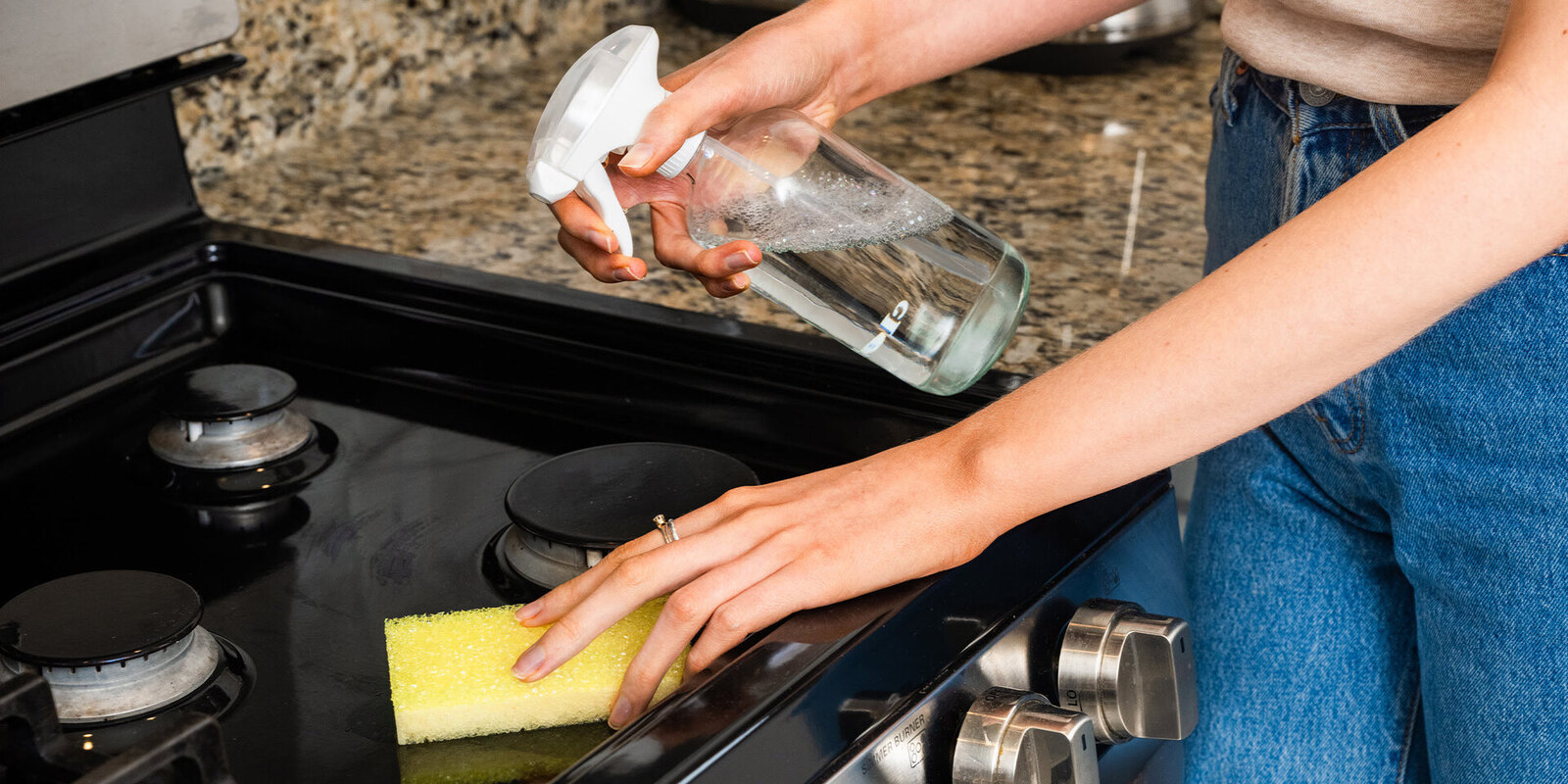
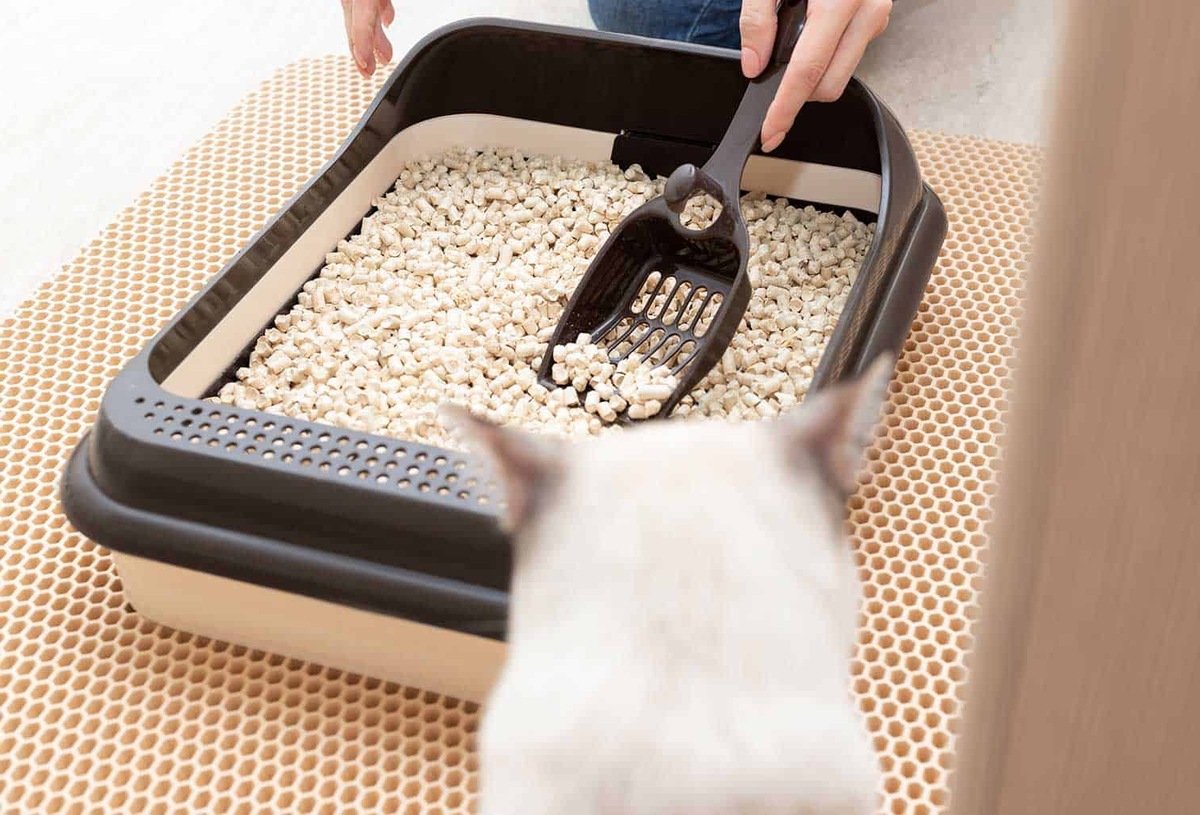
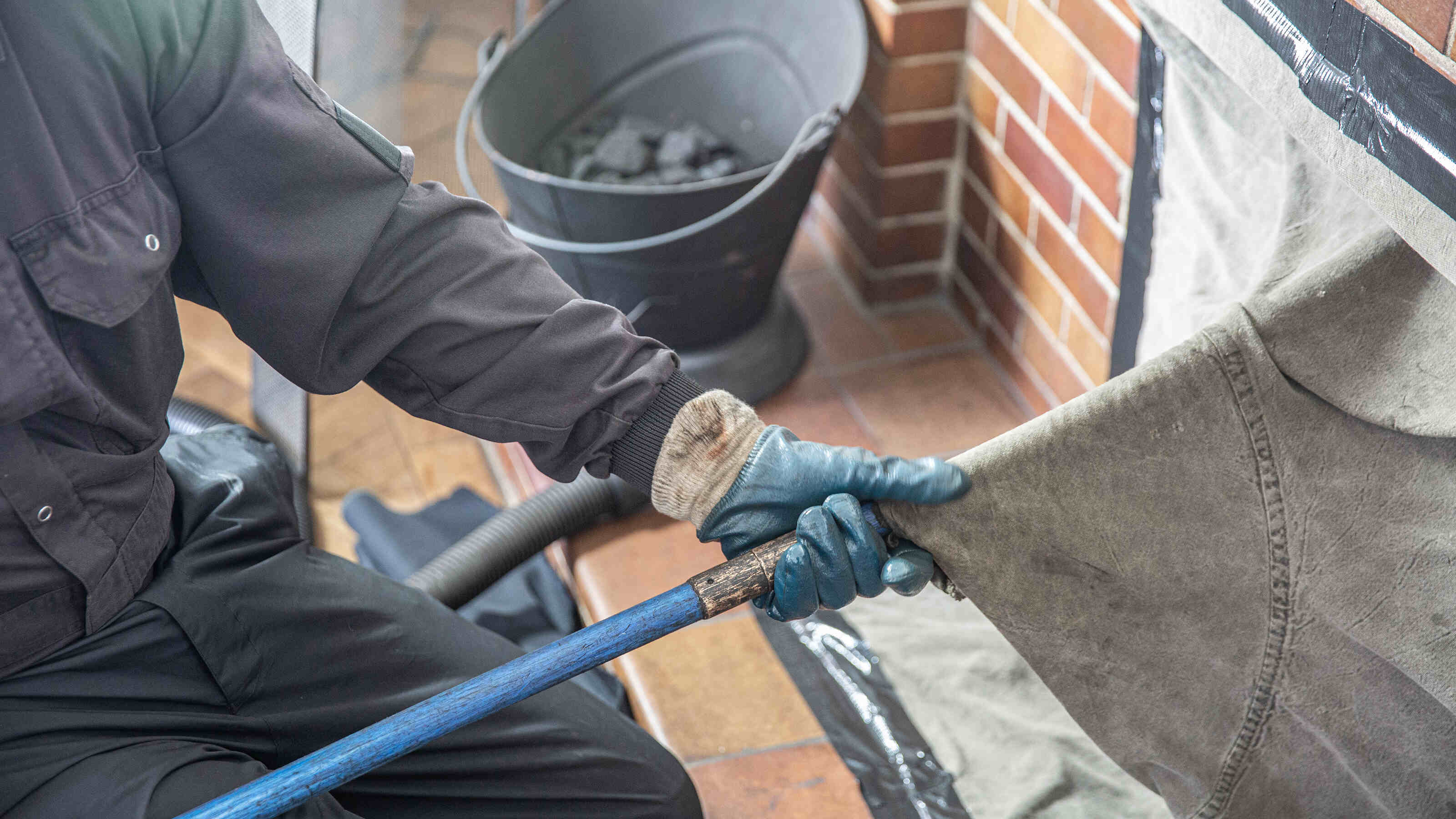
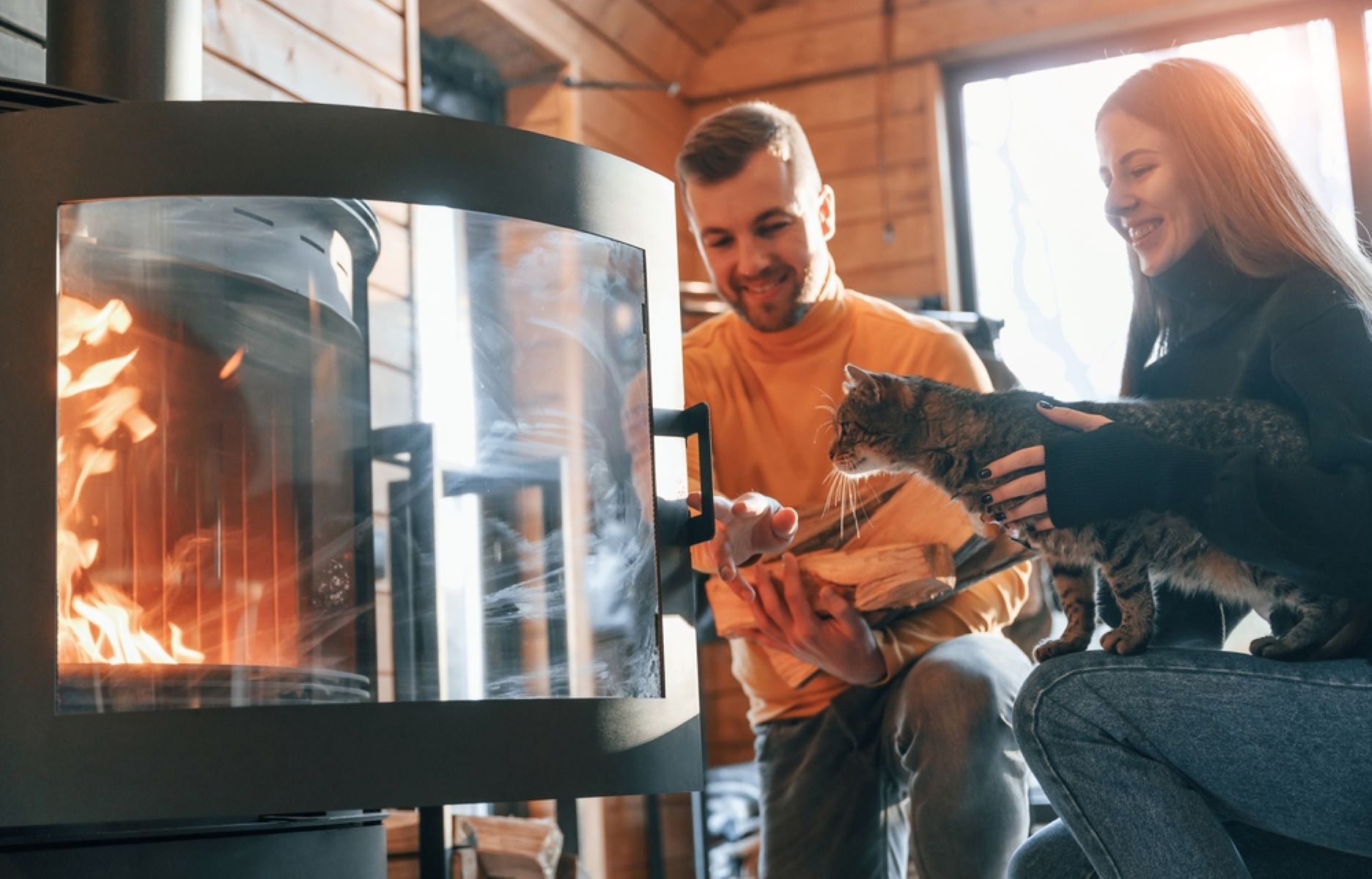
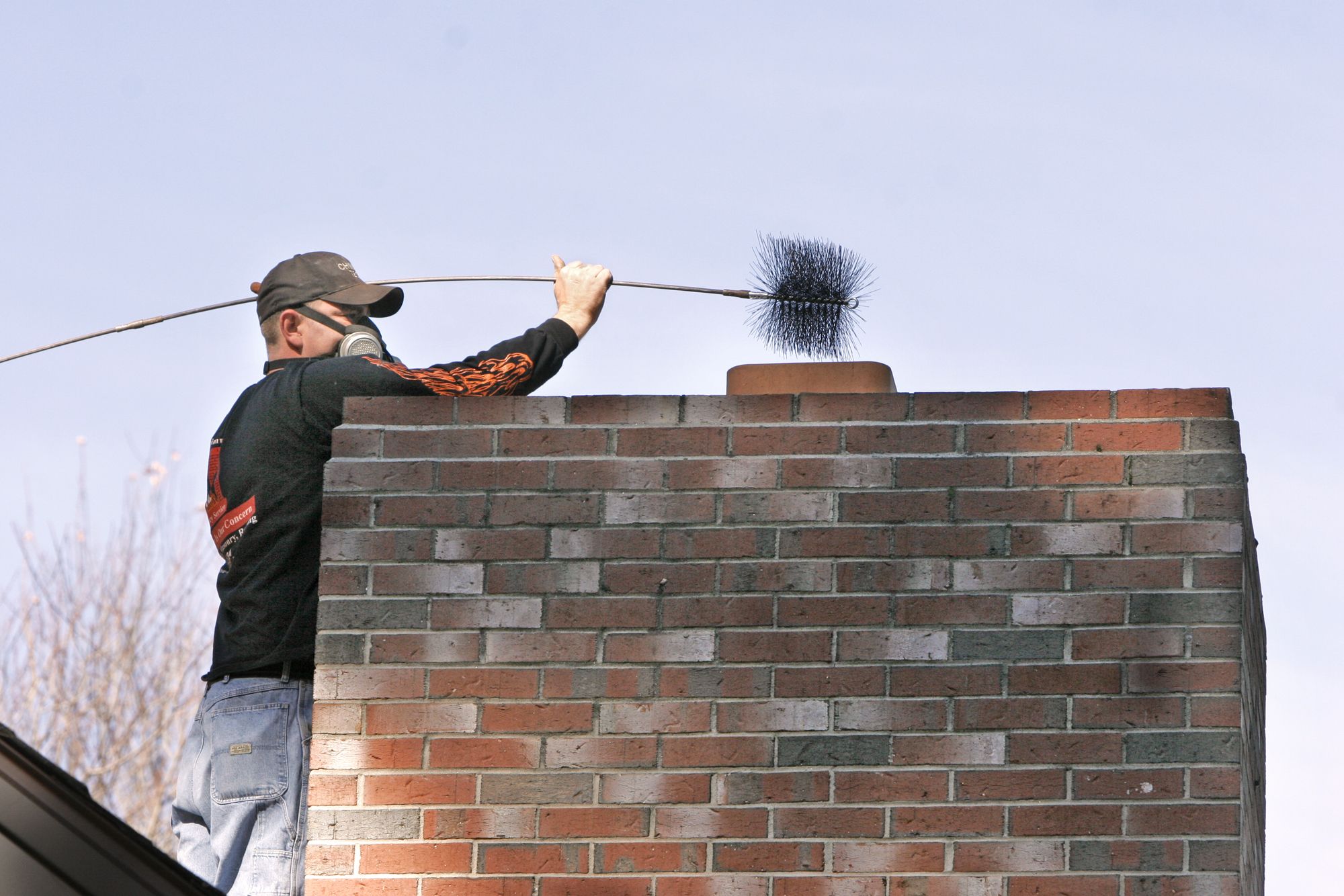
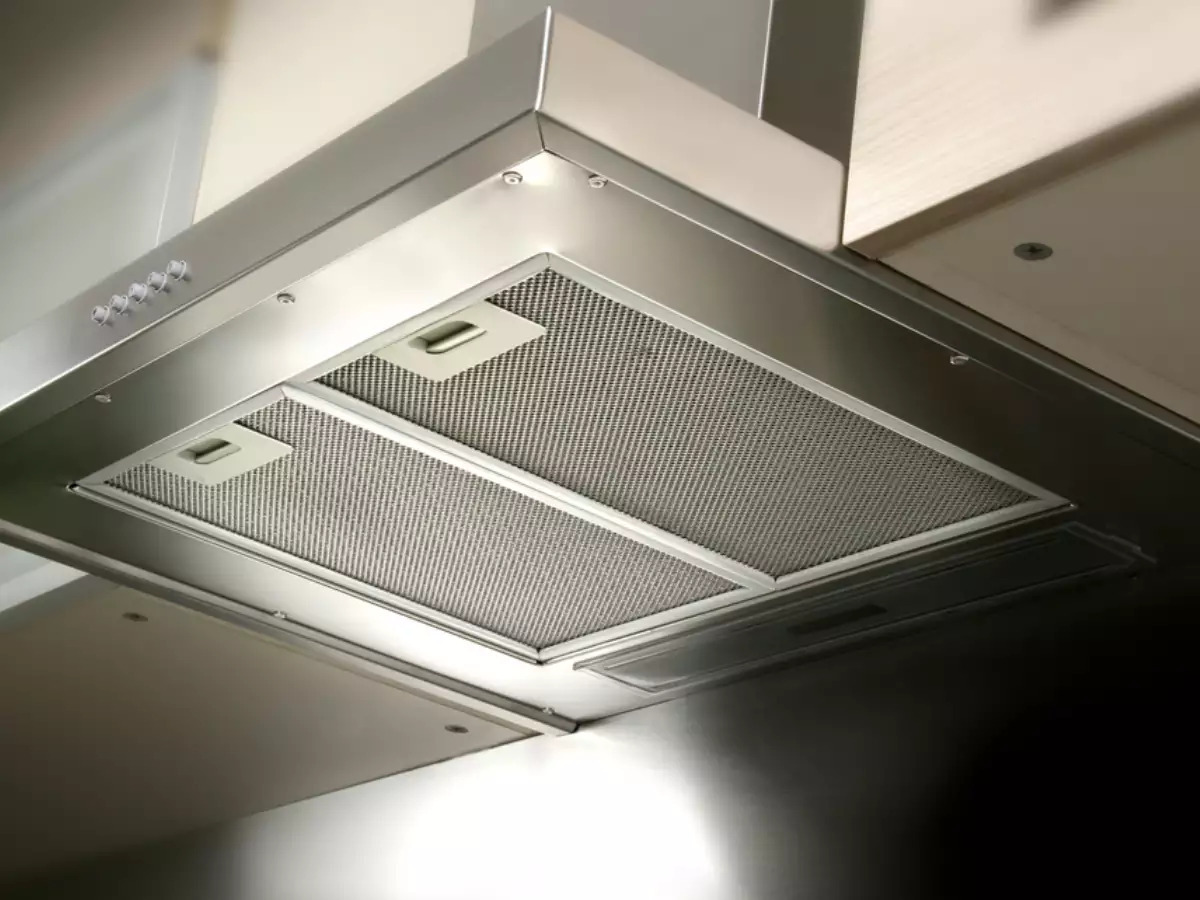
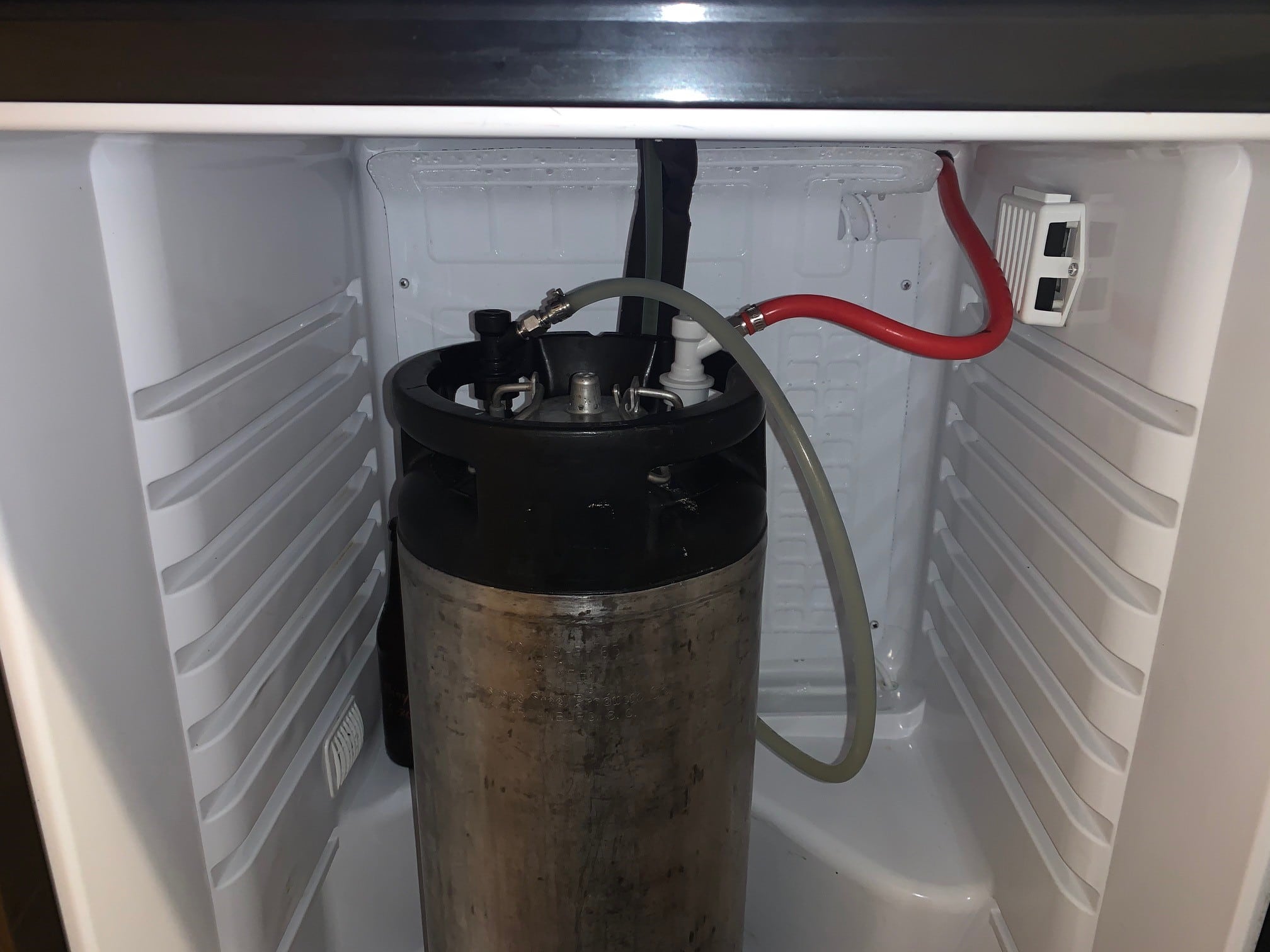

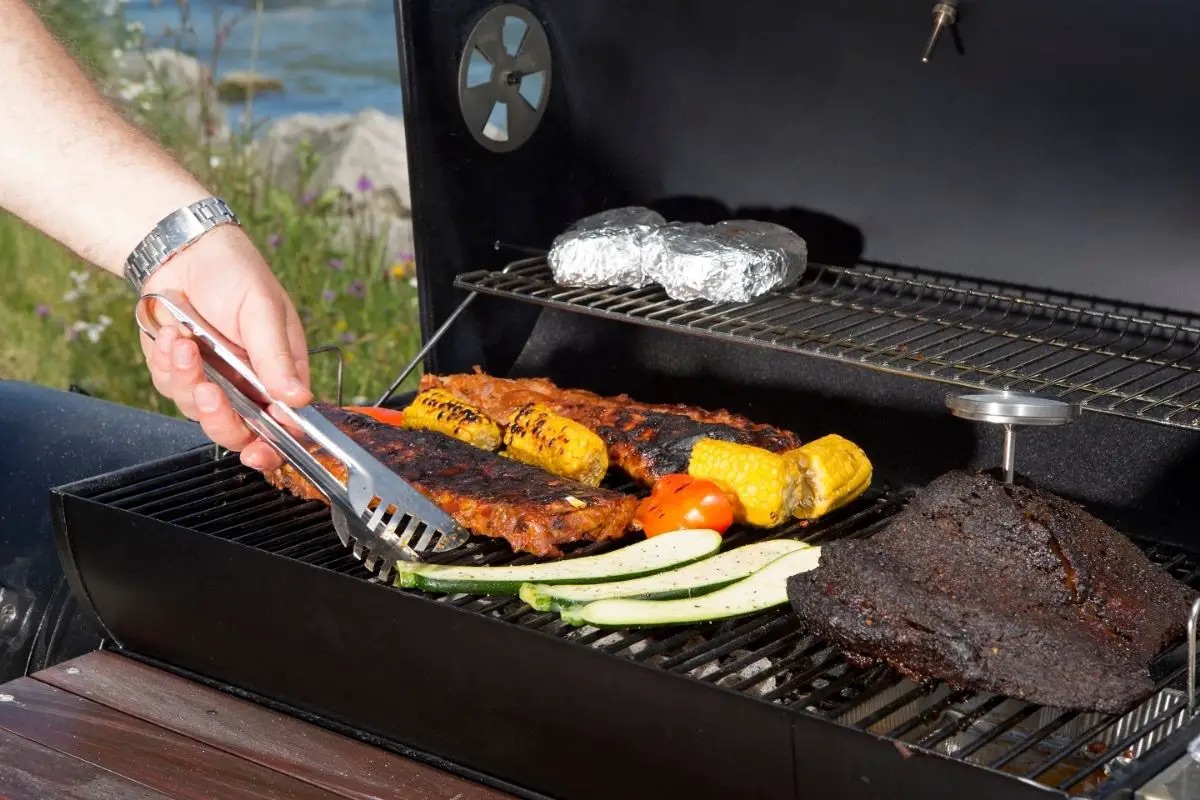
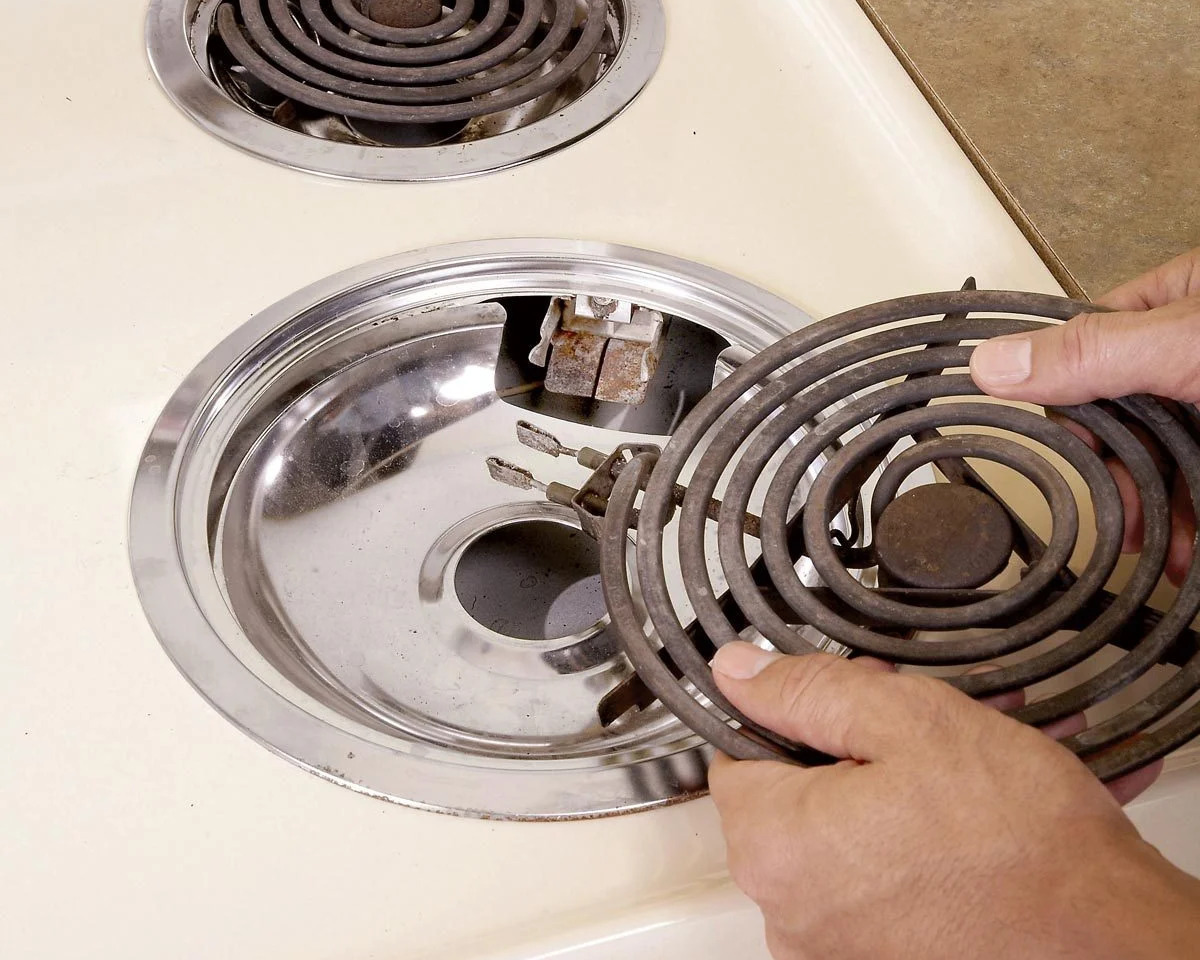
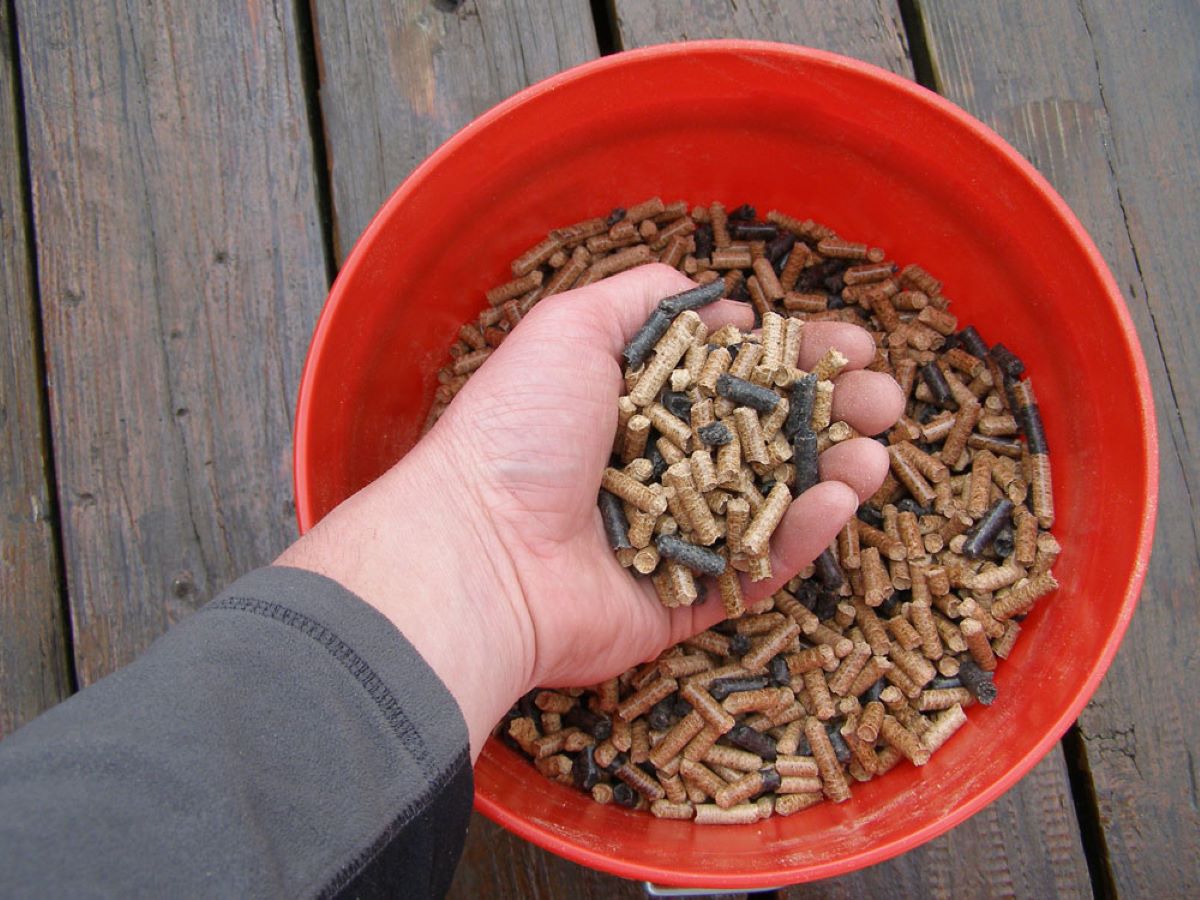
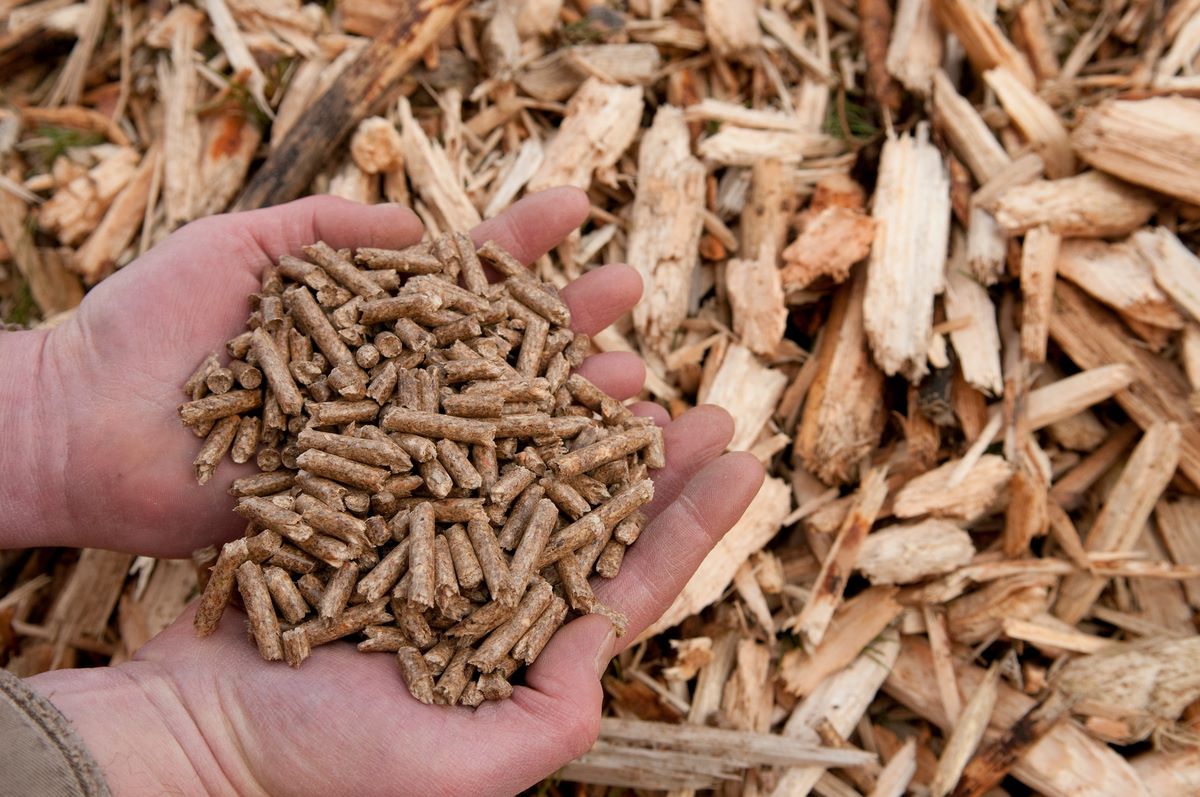
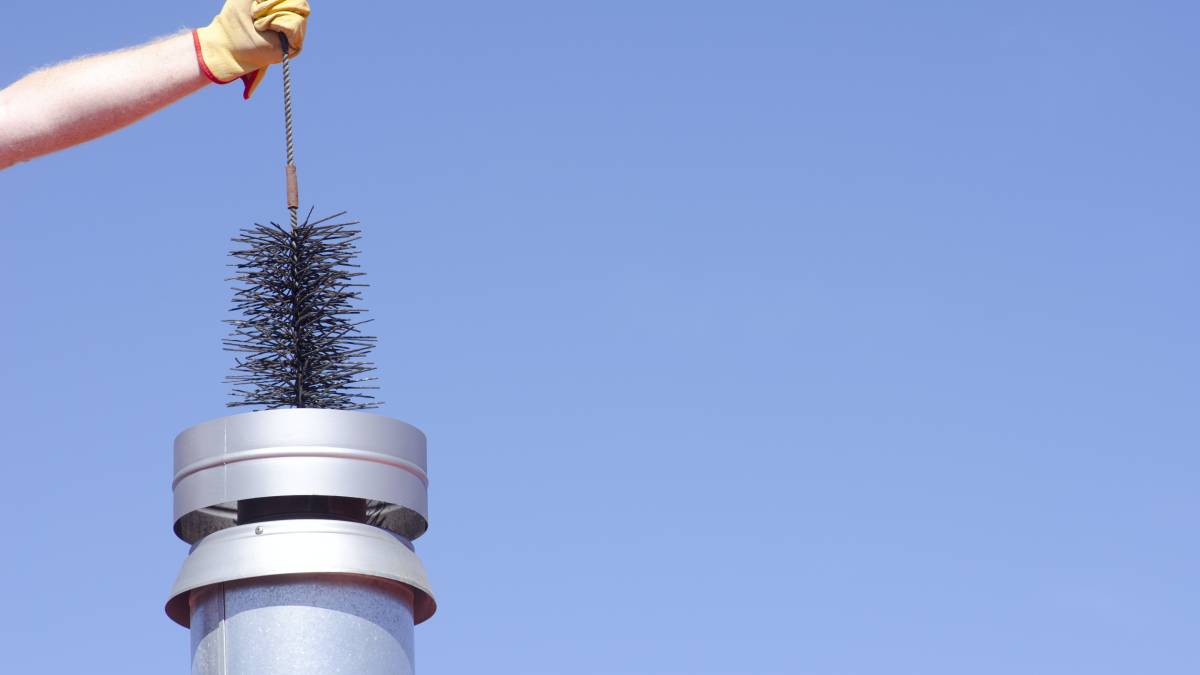

0 thoughts on “How Often To Clean Pellet Stove Chimney”